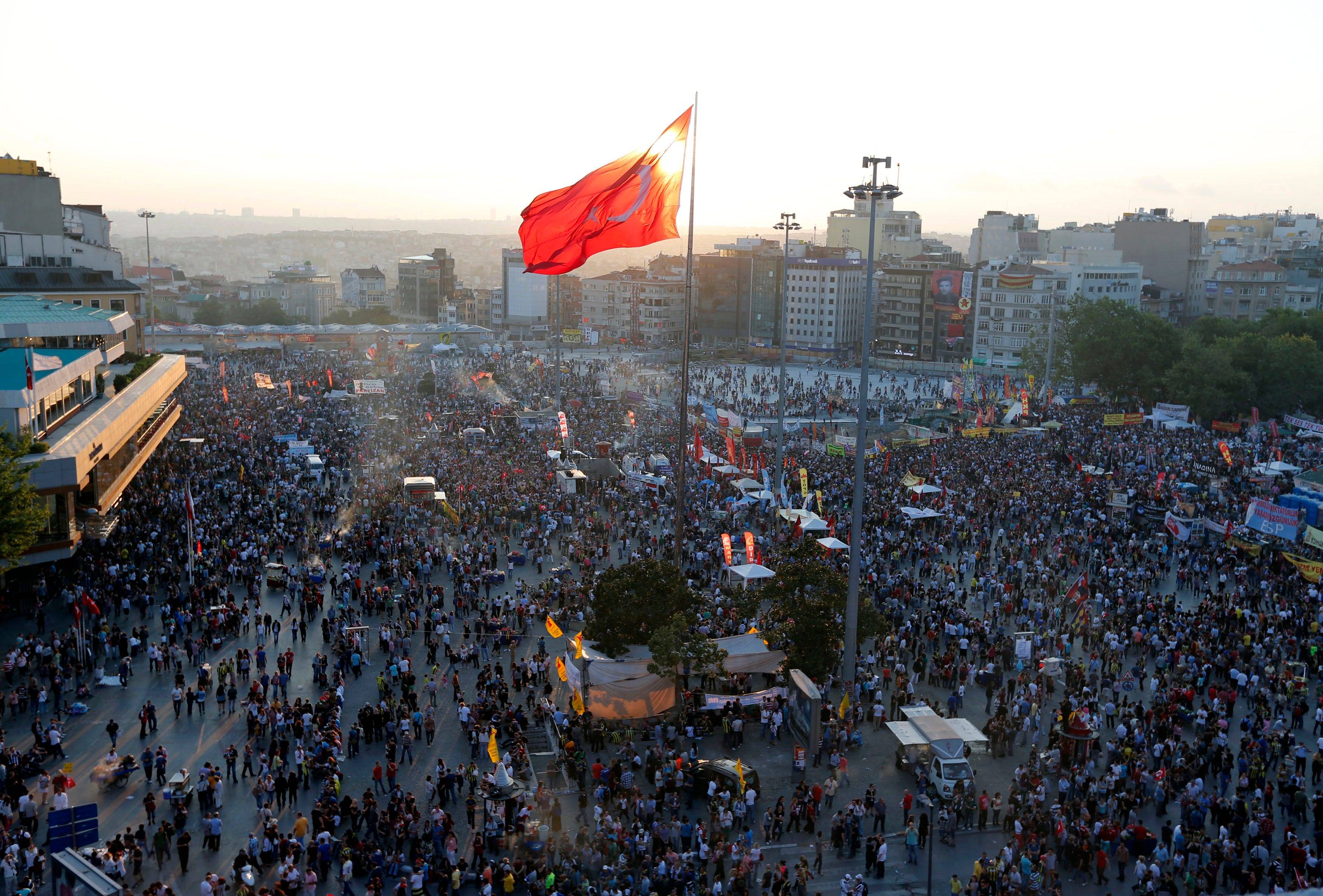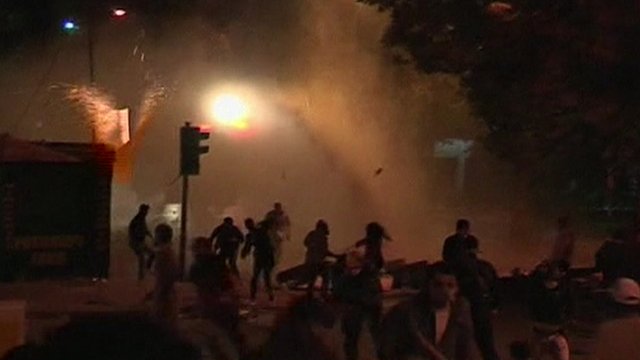In Turkey
Michael Kelley|Jun. 8, 2013

Michael Kimmelman of The New York Times has published an amazing article about Istanbul's Taksim square where protests against plans to demolish Gezi Park have entered their ninth day and the power of public space.
Kimmelman, the architecture critic for the Times, details why Taksim is "the heart of modern, multicultural Turkey" and may be Prime Minster Recep Erdogan's Achilles' heel.
Read more: Why Protests In Turkey Have Been Successful - Business Insider
Michael Kelley|Jun. 8, 2013

Michael Kimmelman of The New York Times has published an amazing article about Istanbul's Taksim square where protests against plans to demolish Gezi Park have entered their ninth day and the power of public space.
Kimmelman, the architecture critic for the Times, details why Taksim is "the heart of modern, multicultural Turkey" and may be Prime Minster Recep Erdogan's Achilles' heel.
Read more: Why Protests In Turkey Have Been Successful - Business Insider






